Bitter medicine is needed to cure… the disease.
Immediately after the Ministry of Education and Training announced the circular, public opinion, especially among teachers, had many conflicting opinions. Public opinion was concerned that this would increase school violence, when teachers and schools were "deprived" of the tools to discipline students with serious violations. Immediately after that, the incident of a 7th grade student at Dai Kim Secondary School ( Hanoi ) misbehaving with a teacher (pulling her hair, holding her head in the classroom when the teacher took back sharp toys) further increased concerns about Circular 19.
9th grade students of Can Thanh Secondary School, Can Gio District, Ho Chi Minh City during a Fine Arts group class in the 2025-2026 school year. Photo: HOANG HUNG
Mr. Ho Tuan Anh, Principal of Quynh Phuong Secondary School (Quynh Mai Ward, Nghe An Province), said that it would be very harmful to consider apologizing as a disciplinary measure for primary school students.
“From family education to school education, apologizing has been considered a beautiful civility in communication and behavior. Adults often train children to have the habit of apologizing when making small mistakes. With Circular 19, the Ministry of Education and Training considers apologizing as a disciplinary measure, so I'm afraid that grandparents, parents and teachers will no longer easily ask children to apologize as a beautiful communication feature,” commented Mr. Ho Tuan Anh.
With 31 years of experience as a teacher, Mr. Ho Tuan Anh believes that educating naughty students is like prescribing medicine to cure a disease. If you want to cure a disease, you must prescribe the right medicine and the right dose. If you think that temporarily suspending students from school means depriving them of their right to study, that is a wrong perception. At the same time, if you think that warnings or reprimands will affect students' psychology, it means that we are refusing "bitter medicine to cure diseases".
When a student has “resisted” all the medicine of teachers and schools, bringing insecurity and helplessness to teachers and other students but not having to suffer any punishment, it is no longer education and support, but is nurturing evil, spreading fear to other students.
Mr. Tran Trung Hieu, History teacher at Phan Boi Chau High School for the Gifted (Nghe An), believes that if we are powerless against violence in the educational environment, justify students' immoral and disrespectful behavior toward teachers, and loosen school discipline, then that is a failure of education. Families have legal experts, schools have discipline, and society has laws. That is a civilized, safe, and happy society.
When school discipline is neglected, it is the source of violence. To have a developed education, first of all there must be a safe educational environment, in which all teachers, students and parents feel secure. To have a safe school, there must be discipline. Requiring students to write self-criticism is an educational measure in school that serves as a reminder, educates awareness, helps students to self-reflect and learn from experience, and should not be considered a form of discipline.
Education with love
In agreement with Circular 19, Mr. Le Quang Hai, homeroom teacher of class 1/2, An Lac 3 Primary School (An Lac Ward, Ho Chi Minh City), expressed his opinion that at primary school age, especially first graders, they are still very young, forming their personalities and habits, not understanding what "discipline" is, but are mainly influenced by the behavior, attitude and patience of teachers. The new regulation provides 2 forms of reminders and requests for apology, which are very appropriate. The important thing is how teachers implement the regulation in practice.
For example, when reminding, it is necessary to be patient, not to shout, but instead look straight into the eyes of the students, speak briefly and clearly, so that they understand where they went wrong. Teachers should encourage students to have the spirit of "apologizing and correcting mistakes", let students apologize in front of the group, along with corrective actions.
For example, if your child drops a pen, he must apologize, pick it up, clean it and return it to his friend. At the same time, teachers should praise at the right time. A small compliment after the student admits his mistake will make him feel that apologizing is not shameful, but will also help him grow up. In addition, teachers can set an example, tell short stories about themselves or give familiar situations for students to reflect on.
Children learn best through pictures and concrete examples. Education is not about punishment, but about sowing the seeds of kindness and responsibility. If teachers are patient, fair, and compassionate, a simple reminder or a handshake of apology will be enough for students to remember and voluntarily do so.
According to the announcement of the Ministry of Education and Training, Circular 19 adds disciplinary principles such as respect, tolerance, non-prejudice, ensuring the rights and interests of students. In particular, it strictly prohibits the use of disciplinary measures that are violent, insulting to the dignity, and affecting the physical and mental health of students.
This represents a strong shift towards a humane approach to disciplinary education that respects students. Regarding the forms of discipline, Circular 19 divides them by level of education. For primary school students, there are only two forms: reminders and requests for apology; for the remaining levels, there are three forms: reminders, criticisms, and requests to write self-criticisms.
Thus, previous strict disciplinary forms such as reprimand before the disciplinary council, warning in front of the whole school, expulsion for a week, expulsion for a year... are eliminated in Circular 19. The Ministry of Education and Training affirmed that this change demonstrates an educational, supportive and humane approach to discipline, suitable for the context of the country's educational innovation and modern educational trends.
PHAN THAO - THU TAM
Source: https://www.sggp.org.vn/quy-dinh-moi-ve-khen-thuong-ky-luat-hoc-sinh-tinh-nhan-van-se-siet-chat-ky-cuong-truong-hoc-post814558.html


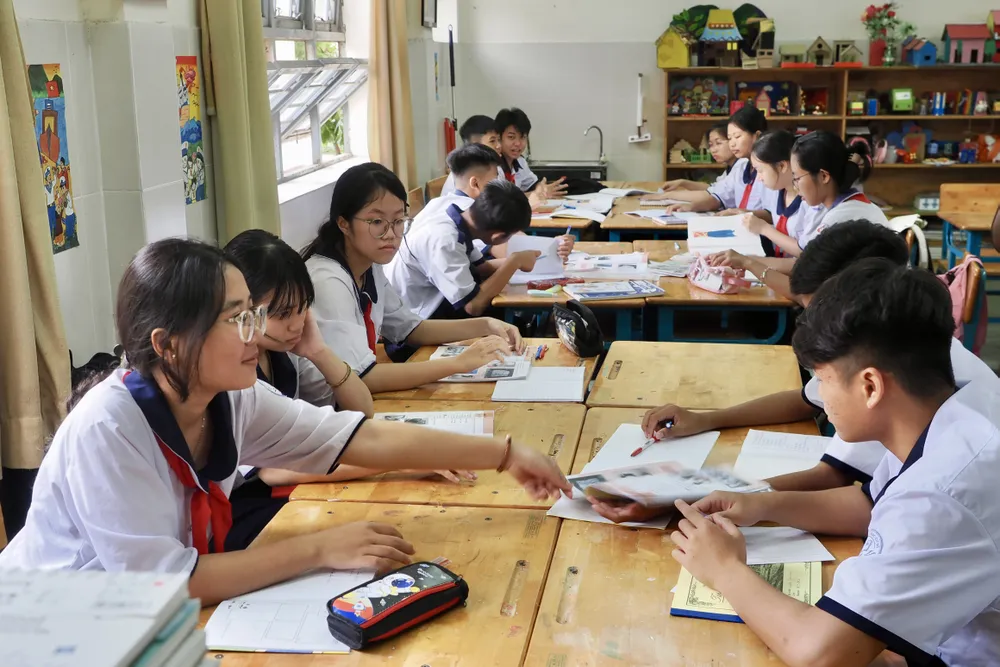


![[Photo] General Secretary To Lam receives Vice President of Luxshare-ICT Group (China)](https://vphoto.vietnam.vn/thumb/1200x675/vietnam/resource/IMAGE/2025/11/15/1763211137119_a1-bnd-7809-8939-jpg.webp)

![[Photo] Prime Minister Pham Minh Chinh meets with representatives of outstanding teachers](https://vphoto.vietnam.vn/thumb/1200x675/vietnam/resource/IMAGE/2025/11/15/1763215934276_dsc-0578-jpg.webp)









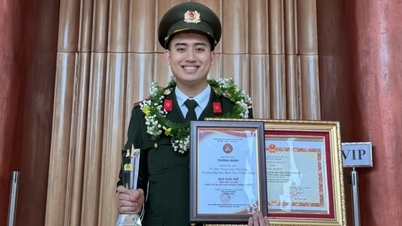
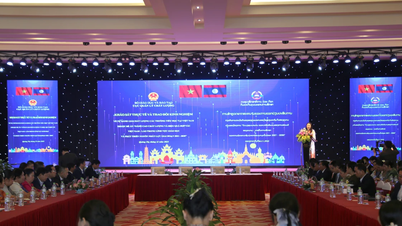





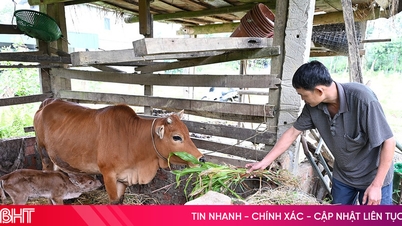




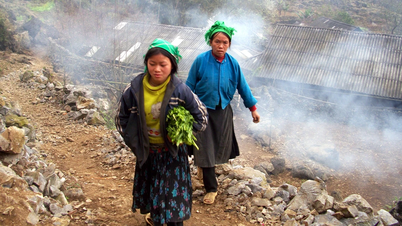









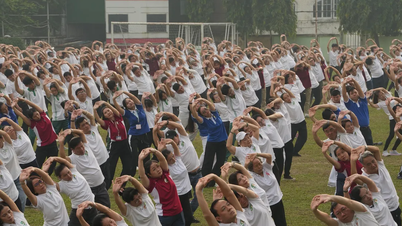
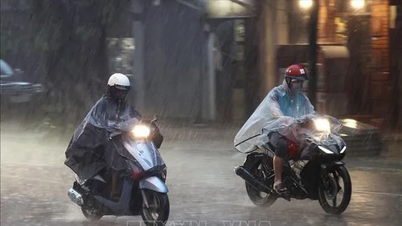







































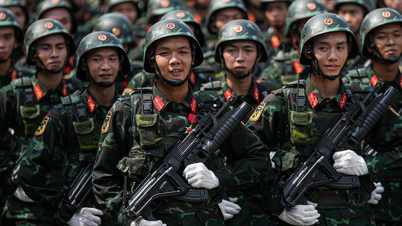



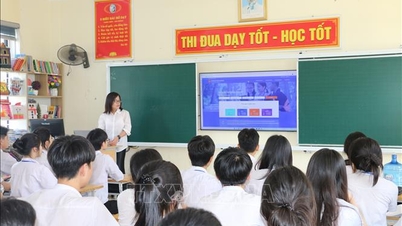





















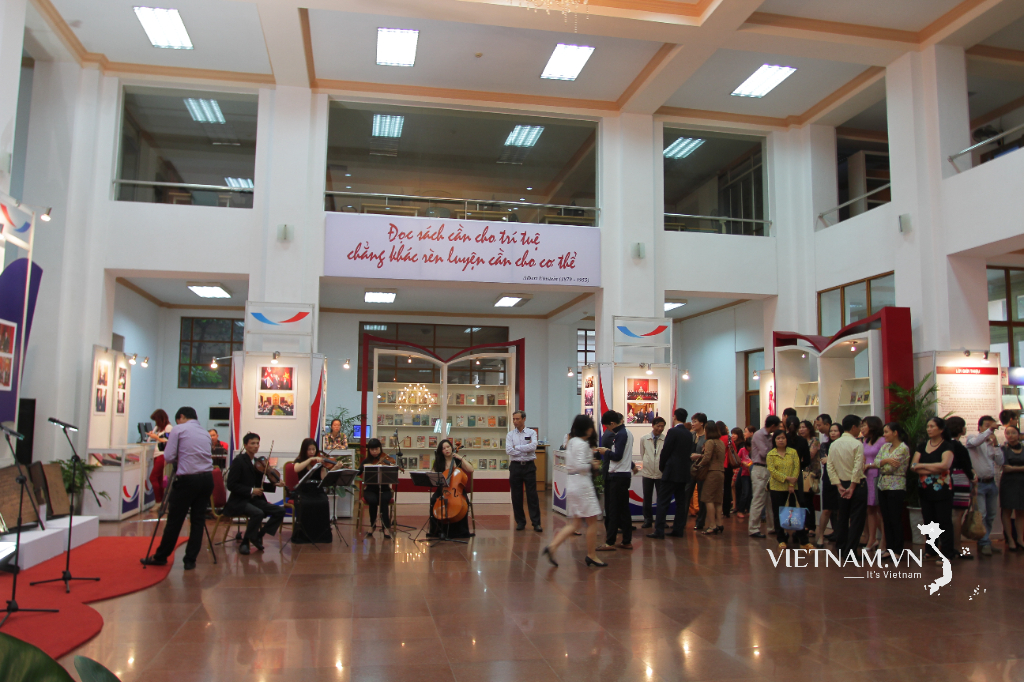



Comment (0)